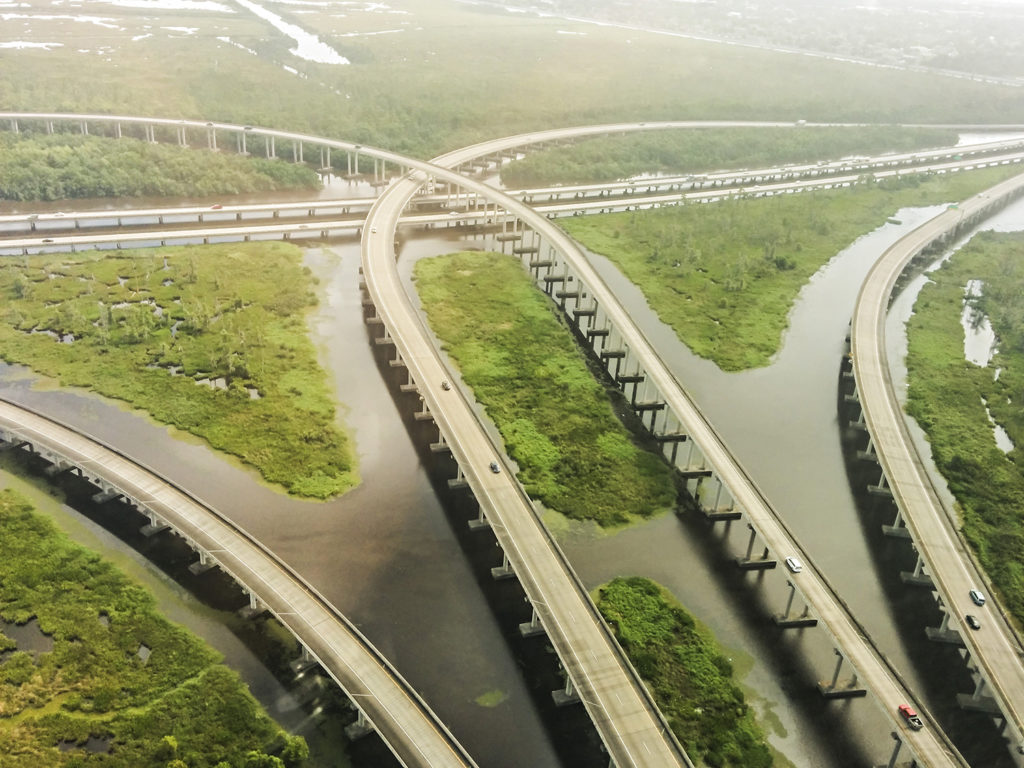
It’s mid-summer, 2017. Historypin’s “Our Story” initiative is underway and I am in the midst of learning a life lesson because of it.
For weeks, we had been reaching out to rural libraries in southeastern Louisiana to partner with us on a pilot project to build and strengthen local communities through story sharing events. The project is about bringing people together through conversation about personal and local history.
Because the program is ultimately about connecting with people, I’d decided to reach out personally, to travel to small towns, meet librarians, and talk to locals, as I worked to get familiar with the libraries on our long list of potential partners.
I hit the road, eager to meet and talk to new people. I was curious about the small towns in remote areas of my home state — places where one still finds remnants of single-pump gas stations and houses stubbornly perched on stilts rising precariously out of the bayou.
Eventually, I encountered a moment of truth. As I approached the entrance of a library I was visiting for the first time to deliver our pitch, I noticed that the sole car in the parking lot sported a bumper sticker supporting a viewpoint about a social issue that was the exact opposite of the viewpoint I held personally.
I hesitated. Then, feeling discouraged, I got back in my car. I suddenly felt out of my element in this part of the state, where already I had figured many residents’ sentiments on a lot of social and political issues probably ran counter to my own deeply held beliefs. The bumper sticker reinforced that. I lost my nerve. I was not likely to be welcomed here.
My exuberance about the “Our Story” project had always been tempered by a mild undercurrent of trepidation about what I might encounter when I hit the roads and backroads of Louisiana, traveling to places unfamiliar to me.
Recent arguments in the public sphere over health care, historical monuments, immigration and patriotism have left people on differing sides of those arguments reeling and feeling dismayed and frustrated with those who hold opposing views. I didn’t anticipate open hostility — though that was possible — but worried that I might receive a cold shoulder or be dismissed outright as I approached strangers with an invitation to be part of a program whose basis was enhanced social interaction, at a time when public discourse in many places is contentious, and people, myself included, protectively circle around their beliefs as if their lives depend on it.
Sitting in the car, looking at my “Our Story” flyer describing our program goals, it occurred to me: Was I backing out because I did not want to meet people with whom I knew beforehand I disagreed? Perhaps I would be welcomed if I gave the people in the library a chance to welcome me.
Wasn’t this exactly the point of “Our Story?”
I got out of the car and went in.
Inside, the librarians were exceptionally cordial, and even better, keenly interested and intrigued by the “Our Story” initiative and its potential as a tool for helping to bridge social divides.
Overall, the Louisiana library visits went well. The conversations were friendly and constructive. For that to happen, I had to recognize first that in order to move forward, I needed to accept, rather than focus on being accepted.